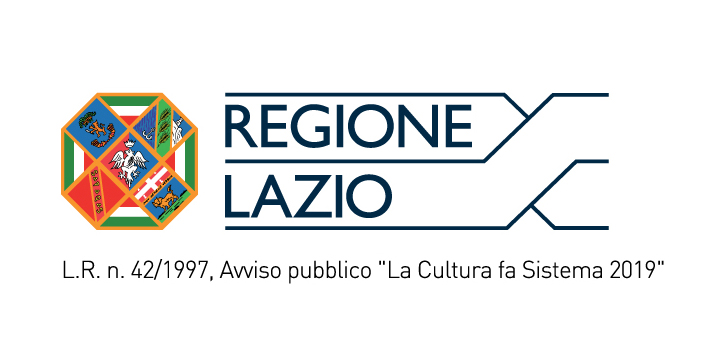SOUTHEND, UK – In a recent development at Southend Airport, the signing of the Section 106 agreement has brought about significant changes to the operations and development of the airport. This 3rd party contract, between the airport authorities and the local government, aims to ensure proper land and infrastructure development in the surrounding areas.
The TETA learnership agreement has also been implemented as part of this initiative. This agreement focuses on providing training and employment opportunities for local individuals, contributing to the growth and development of the community.
One of the key aspects of this agreement is the inclusion of a rate contract. This ensures that any construction or development activities within the designated area are carried out at a fair and reasonable cost. It aims to prevent any exploitation or overcharging by contractors or service providers.
Furthermore, the signed climate agreement emphasizes the airport’s commitment to reducing its carbon footprint and implementing sustainable practices. This agreement outlines various measures, such as the use of renewable energy sources and the promotion of eco-friendly transportation options, to mitigate the airport’s impact on the environment.
Regarding insurance matters, the agreement highlights the importance of the payment of the first premium, the promise to pay a covered loss, and the agreement. This ensures that the airport is adequately insured against any potential risks or damages, giving assurance to stakeholders and passengers alike.
Additionally, the implementation of a model master funding agreement has enabled the airport to secure necessary financial resources for its expansion and improvement projects. This agreement establishes a framework for obtaining funding from various sources, such as government grants and private investments.
Legally, the airport complies with the Convention on the Law Applicable to Contractual Obligations 1980. This international convention ensures that contractual obligations are recognized and enforced across different jurisdictions, providing a solid legal foundation for the agreements made by Southend Airport.
Lastly, the airport maintains a specific service level agreement with its contractors and service providers. This agreement outlines the specific requirements and expectations for service delivery, ensuring a high standard of quality and performance.
“The implementation of these agreements and contracts demonstrates the airport’s commitment to responsible and sustainable development,” said a spokesperson for Southend Airport. “We strive to balance the needs of the local community, the environment, and the aviation industry. These agreements provide a solid framework for achieving this balance and driving positive change.”
With the support of the LDC contractor and other stakeholders, Southend Airport is poised to become a leading example in the aviation industry, showcasing the importance of well-structured agreements and contracts in achieving sustainable growth and development.


